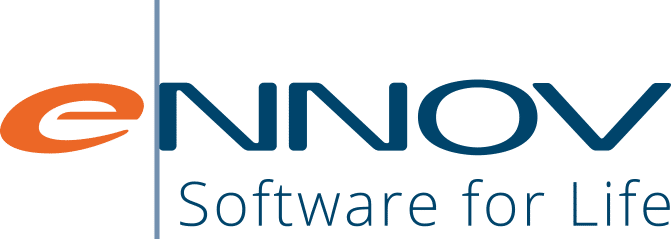The Life Sciences industry is undergoing a period of rapid transformation. As we progress through 2023, several critical trends have emerged, each presenting unique opportunities and challenges. Here are the top 5 trends for the remainder of the year and how they are set to impact the industry.
1. Digital Transformation & AI
Artificial intelligence (AI) and machine learning (ML) have already profoundly impacted the life sciences industry. From enhancing research and development processes to creating innovative medical devices, these technologies promise to revolutionize the sector. The growth of digital health is also accelerating, with startups flourishing and telehealth gaining more acceptance. However, with these advancements come concerns around privacy and security, with companies needing to maintain patient trust and comply with regulations.
2. Inflation & Rising Costs
Inflation and rising costs are other significant trends that life sciences companies will need to navigate in 2023. The higher cost of consumer goods is making it difficult for some people to pay for medical services, therapies, and devices, potentially impacting demand. However, companies that can make their products more accessible and affordable to patients could drive more volume and build trust with their consumers.
3. Talent Acquisition & Retention
The talent landscape in life sciences is shifting, with a heightened focus on recruiting professionals with expertise in digital technologies. This trend towards digital is evident in the creation of roles such as Chief Digital Officer in life sciences companies. Furthermore, there is a focus on workforce development, retention, and a commitment to diversity, equity, and inclusion (DEI), indicating a more holistic approach to talent management.
4. Next-Generation Therapies
Developing next-generation therapies, such as gene therapies and CAR-T treatments, continues to be a priority for biopharma companies. The focus on these innovative products is expected to drive the sector forward and lead to the approval of more specialty therapies in 2023.
5. Sustainability & Corporate Social Responsibility
Across the globe, life sciences companies are embracing sustainable practices and corporate social responsibility. This is not just a trend, but a necessity, driven by regulatory mandates and societal expectations. The emphasis on sustainable practices and responsible operations is becoming a defining factor for industry leaders, investors, and consumers alike. Companies are realizing that integrating sustainable practices into their business models can not only reduce environmental impact but also create operational efficiencies, spark innovation, and enhance brand reputation.
6. Supply Chain Resilience
Supply chain resilience remains a concern, with ongoing disruptions expected to continue impacting the life sciences sector. As a result, companies are investing in strategies to build more resiliency into the supply chain, ensuring they can adapt and respond effectively to future challenges.
Ennov Empowering the Future of Life Sciences
At Ennov, we recognize the exciting potential of the life sciences industry and are eager to partner with organizations ready to embrace the opportunities that 2023 presents. Our solutions in Quality, Regulatory, Clinical, and Pharmacovigilance are designed to support your digital transformation journey in this dynamic environment. Robust data security measures underpin our commitment to help you maintain compliance and build trust with consumers.
Our systems aim to simplify and streamline processes, freeing up your resources for innovation and the development of next-generation therapies. We understand potential challenges, such as supply chain disruptions, and have designed our solutions to provide the flexibility and adaptability you need to remain resilient. With Ennov as your partner, we’re not just reacting to trends – we’re actively shaping the future of life sciences. Contact us today to jumpstart your journey!


